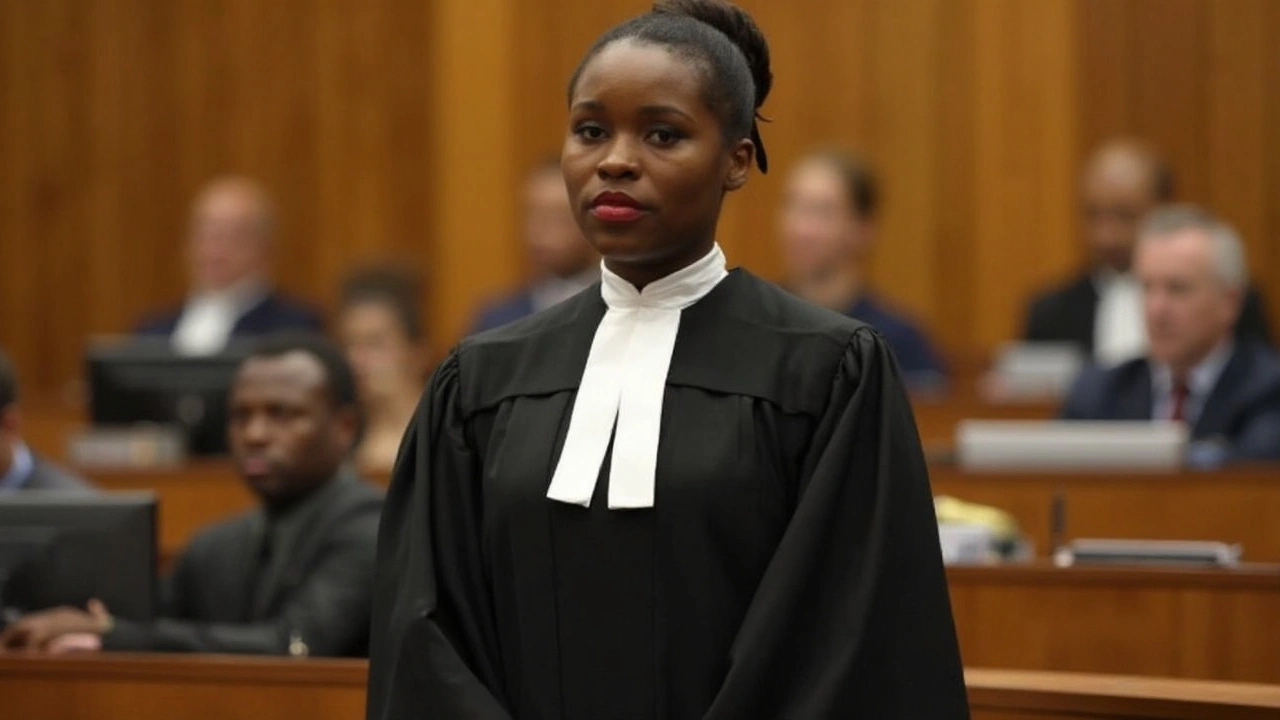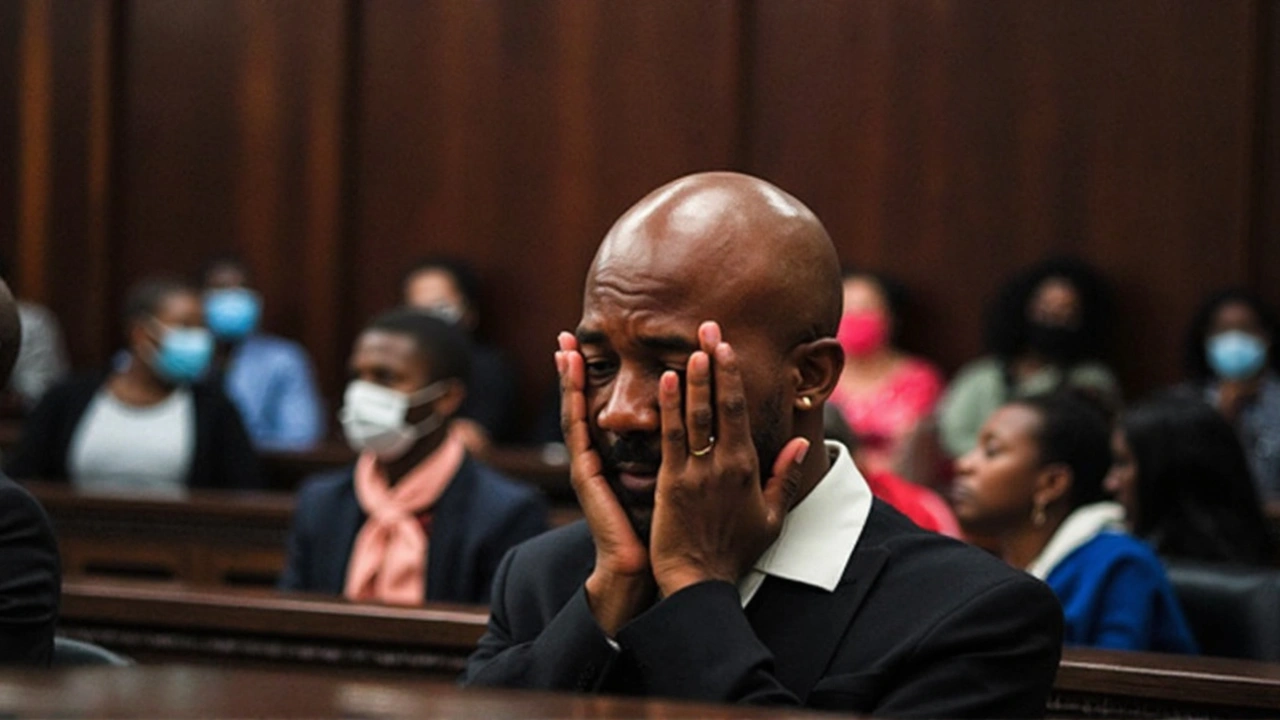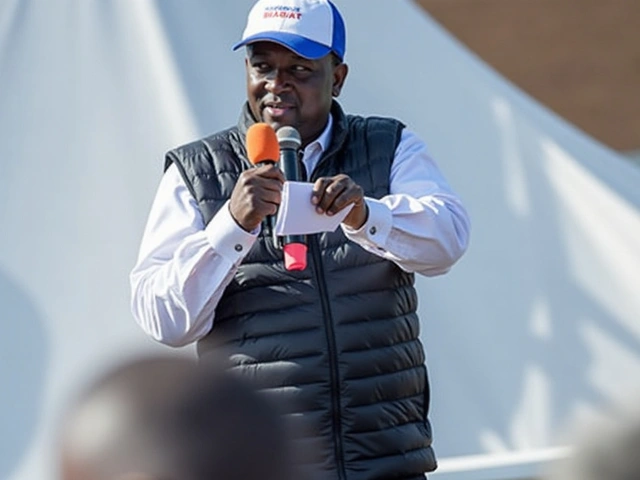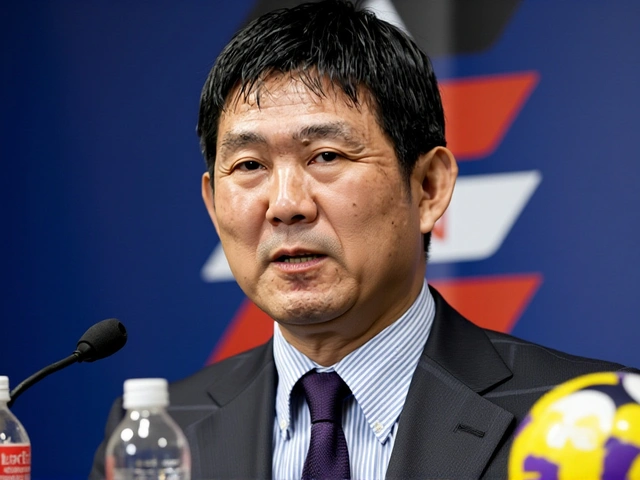Unyielding Advocacy in the Shadow of Threats
Advocate Malesela Teffo’s days don’t end quietly. Representing the family of slain Bafana Bafana captain Senzo Meyiwa, Teffo has found himself in the firing line—not just from courtroom adversaries, but from shadowy threats outside the legal arena. He’s made it crystal clear: no amount of intimidation, not even threats against his life, will force him to abandon the fight for justice.
The death threats have piled on in recent months. According to sources inside his legal team, these threats escalated sharply after Teffo made pointed allegations about interference from the highest office in the country. What’s more disturbing is that one of these threats reportedly came from a junior colleague within his own professional circle—a stunning indication of just how charged and divisive the case has become.
For Teffo, the risks don’t stop at anonymous messages or menacing phone calls. In his words, it’s about something bigger—exposing rot within South Africa’s policing system. "No threat, no intimidation will stop me. I am here for justice," he said in an unflinching tone outside the courthouse. The legal veteran insists he’s not playing politics; he’s determined to unravel what happened to Meyiwa, both on the night of the fatal shooting and in the years since, as the investigation has dragged on.

Taking Aim at the Police and Political Elite
Teffo’s criticisms are sharpest when he talks about Police Minister Bheki Cele. He openly accuses Cele of undermining presidential directives and allowing the return of what he calls apartheid-style policing—an explosive charge in a nation still haunted by its past. But Teffo is specific: he claims that in September 2021, Cele threatened him directly, allegedly vowing violence if Teffo didn’t back off. The Minister has brushed aside such claims in public, but Teffo remains openly defiant. His willingness to publicly target such a powerful figure points to the depths of his resolve and the scale of the challenge he feels South Africa is facing in its justice system.
His allegations don’t just touch the powerful. Teffo’s campaign has highlighted failures and alleged corruption throughout the police force. He says officers have mishandled evidence, delayed justice, and sometimes appear to protect powerful interests rather than serve the public. The stakes are enormous—not just for him personally, but for public trust in law enforcement and political oversight across the country.
The Senzo Meyiwa case itself is a lightning rod for frustration. Meyiwa, a beloved national figure, was gunned down in his girlfriend’s home in 2014, and nearly a decade later, grief and anger simmer as the case drags on. The murder trial has been beset by setbacks, sensational claims, and now, direct threats to those seeking answers. Teffo’s tenacity is driving new attention not just to the crime, but to the system struggling to solve it.
For Teffo, his mission is simple, if dangerous: keep going. He says his sense of duty to Meyiwa’s family and to justice in South Africa outweighs any fear for his personal safety. That commitment, he insists, will not change, no matter who takes aim at him next.




Advocate Teffo's unwavering resolve exemplifies the patriotic duty owed to every South African citizen who demands accountability from their leaders. The refusal to be intimidated by unlawful threats underscores a steadfast commitment to justice, a principle that must be defended with rigor. By confronting alleged corruption within the police, he challenges a system that has, for far too long, operated with impunity. Such courage should galvanize the nation to reject any attempts at silencing truth‑seekers. The rule of law cannot survive without defenders who are willing to face personal risk.
I really admire how Teffo stays calm and keeps pushing for answers even when he gets threats. It shows that dialogue and persistence can beat fear. We need more people who choose peaceful resistance over retaliation. The situation in South Africa deserves our empathy and support, not more anger.
When one examines the fabric of justice, it becomes evident that individuals like Advocate Teffo serve as vital threads that bind society's moral conscience, especially in moments of profound crisis; his determination to pursue truth amidst intimidation reflects an ancient archetype of the courageous jurist, a figure who stands between chaos and order. The threats directed at him are not merely personal attacks, they symbolize a deeper resistance within entrenched power structures that seek to preserve their own legitimacy at any cost, and this dynamic has been observed throughout history in many nations. By daring to name alleged corruption in the police and by confronting prominent political figures, he forces a public reckoning that challenges complacency and invites collective introspection, a process that is essential for any democratic renewal. Moreover, the case of Senzo Meyiwa, a national icon whose untimely death still reverberates across the country, adds an emotional weight that amplifies the urgency of transparent investigations; the family's yearning for closure intertwines with the broader societal demand for accountability. It is also worth noting that Teffo's approach, grounded in legal expertise yet fueled by moral conviction, exemplifies the synergy between professional skill and ethical purpose, a combination that can inspire future generations of lawyers and activists alike. The presence of threats, while alarming, paradoxically confirms the potency of his actions, for those who fear change are often the most vocal in attempting to suppress it. In this context, the resilience displayed by Teffo can be seen as a form of non‑violent resistance, a strategic stance that refuses to concede power to intimidation and instead uses it as a catalyst for broader reform. Observers might argue that such confrontations risk escalating tensions, yet history teaches that meaningful progress often emerges from the friction between established authority and principled dissent. The systemic issues within South Africa's policing, as highlighted by Teffo, are not isolated incidents but rather manifestations of structural inadequacies that demand comprehensive policy overhaul. Addressing these shortcomings will require not only legislative action but also cultural transformation, an undertaking that must be supported by civil society, the media, and international partners. While some may criticize the outspoken nature of his allegations, it is crucial to recognize that silence in the face of injustice perpetuates harm, and speaking out is, therefore, an ethical imperative. The dialogue surrounding this case should therefore shift from sensationalism to constructive analysis, focusing on how legal mechanisms can be strengthened to protect both victims and advocates. It is heartening to see that, despite personal risk, Teffo remains committed, because his perseverance signals to the public that justice is not a distant abstraction but a tangible goal that can be attained through collective effort. Ultimately, the legacy of his work may extend beyond the immediate trial, influencing a broader narrative of accountability and transparency within South Africa's judicial landscape. Future reforms will be measured by the extent to which they safeguard advocates like Teffo from retaliation.
While Teffo's courage is undeniable, the relentless focus on personal threats can distract from the substantive evidence needed to resolve the Meyiwa case. A more data‑driven approach, scrutinizing forensic reports and eyewitness testimonies, would strengthen the legal argument without relying heavily on emotional appeals. Moreover, casting the entire police force as corrupt risks alienating potential allies within the institution who are also seeking reform. Constructive criticism should target specific policies and procedural failures, rather than painting a monolithic picture of rot. By balancing fervor with factual precision, the advocacy could achieve greater impact and credibility.
We all stand with Teffo, no matter the threats.